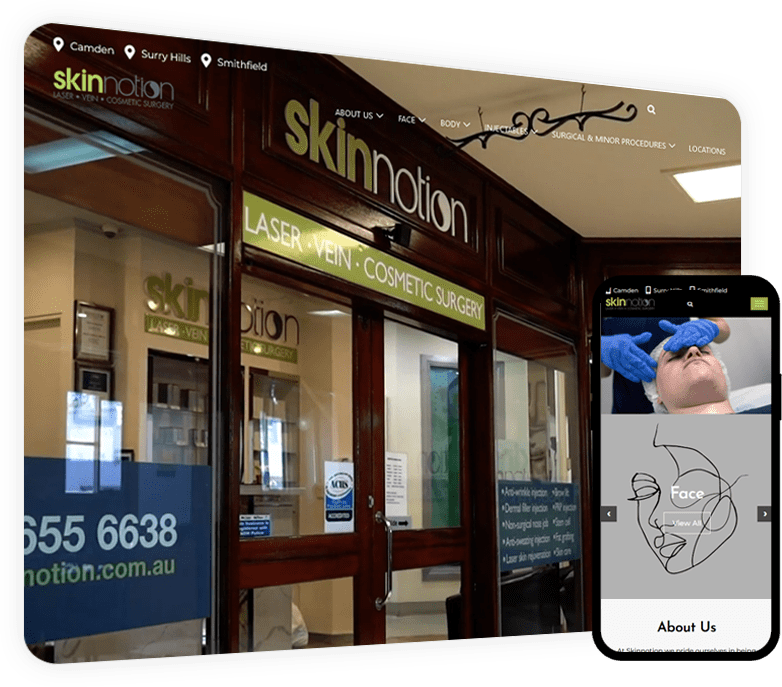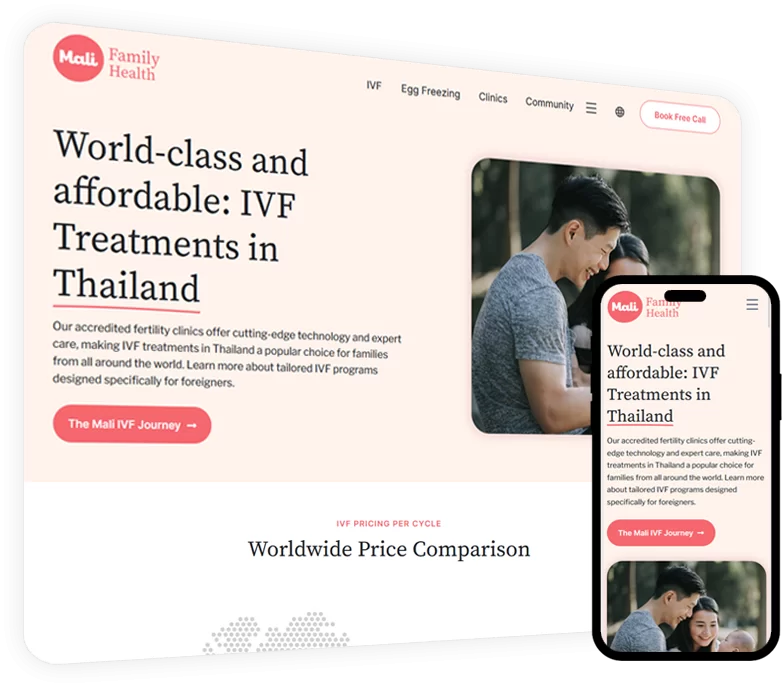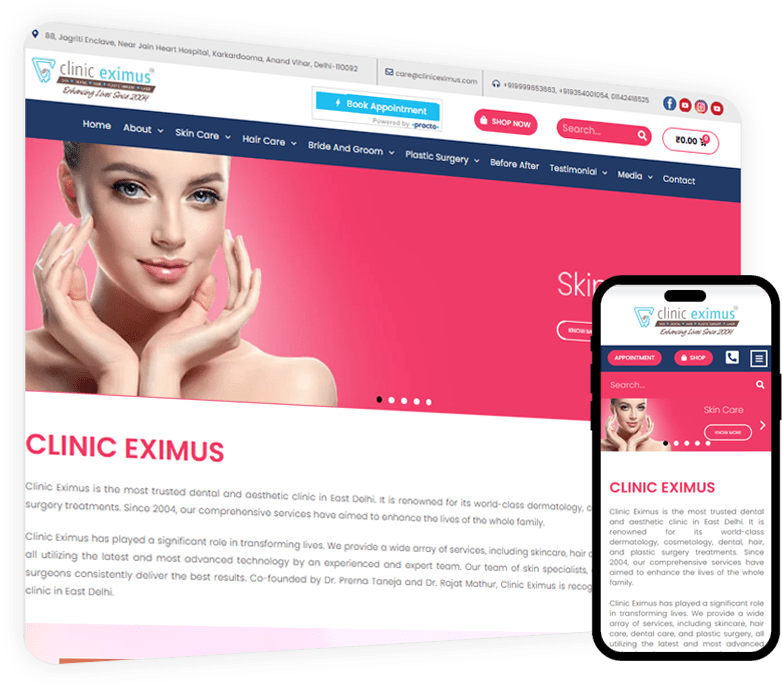In today’s digital landscape, having a strong online presence is critical for the success of small businesses.
A well-designed website not only establishes your brand but also provides a platform for engaging with customers, promoting products or services, and driving sales.
However, developing a website can be overwhelming, especially for small business owners who may not have the technical expertise or resources and here, connecting with best website development services will help to achieve your business goals.
Here’s what you need to know about website development and how to create a site that works for your business.
1. Choosing the right type of website
The first step in website development is deciding what type of website best suits your business needs. There are different types of websites, including:
- Informational Websites: These websites provide general information about your business, such as your services, company history, contact details, and a blog. These are ideal for businesses that don’t need e-commerce features.
- E-Commerce Websites: If you deal in selling products online then owning an e-commerce website is the best. Platforms like Shopify, WooCommerce, or BigCommerce can help you build a user-friendly, secure online store.
- Portfolio Websites: These websites are great for showcasing your work or services. Freelancers, designers, photographers, and artists often use portfolio websites.
- Landing Pages: A single-page website that typically focuses on a specific marketing goal, like promoting an event, collecting leads, or offering a special product.
Understanding what you want to achieve with your website will help you choose the right structure and features.
2. Investing in user experience (UX) design
The user experience (UX) of your website plays a pivotal role in how visitors interact with your business online. A well-designed site ensures visitors can navigate easily, find information quickly, and complete tasks like making a purchase or signing up for a newsletter. Some of the finest UI/UX elements includes-
- Responsive Design: With an increasing number of people browsing the web on mobile devices, having a mobile-friendly website is essential. A responsive design ensures your site adapts to different screen sizes without losing functionality.
- Fast Loading Speed: Website speed is a ranking factor in Google search results, and slow-loading websites frustrate users. Tools like Google PageSpeed Insights can help you test and improve your website’s speed.
- Intuitive Navigation: Organize your site with clear, easy-to-understand menus and links. Keep the most important content accessible on the homepage, and ensure that information is easy to find with a logical structure.
3. Optimizing for search engines (SEO)
Search engine optimization (SEO) is crucial to ensure your website ranks well on Google and other search engines. Even if you have an amazing website, without proper SEO, your potential customers may not find you. Key aspects of SEO include:
- Keyword Research: Identify keywords relevant to your business and integrate them into your website content, including titles, headings, meta descriptions, and image alt text.
- Quality Content: Google rewards websites that provide useful, high-quality content. Regularly updating your blog or product descriptions can help you rank better.
- On-Page SEO: Optimizing each page of your website with relevant keywords, meta tags, and internal links.
- Backlinks: Building quality backlinks from reputable websites helps increase your site’s authority and improve its search engine ranking.
By investing time and effort into SEO, you ensure that your website is discoverable by your target audience. This means connecting with a website optimization agency, like us, would help you to overcome all of your difficulties at one place.
4. Security and trustworthiness
For any business, especially those that deal with sensitive customer information like payment details, website security is a top priority. A secure website not only protects your customers but also builds trust in your brand. Here are some essential security measures:
- SSL Certificates: A Secure Socket Layer (SSL) certificate ensures that all data exchanged between your website and its visitors is encrypted. Websites with SSL certificates have “HTTPS” in their URL and a padlock icon in the browser, which reassures customers their information is safe.
- Regular Updates: Keeping your website’s software, plugins, and security patches updated is crucial to protect against vulnerabilities.
- Data Protection: If your website collects customer data, comply with privacy laws like the GDPR (General Data Protection Regulation) to protect user privacy and avoid legal issues.
5. Website maintenance and analytics
It is also advisable to keep an eye on your website once it is developed. Website maintenance includes checking for broken links, updating outdated content, and ensuring all features are working properly. Additionally, using tools like Google Analytics allows you to track visitors, measure performance, and make data-driven improvements to your site.
Hence, when it comes to website design and digital marketing, our team of experts ensure to keep check on everything. This manner, the overall website health is taken into consideration.
Conclusion
For small businesses, website development is an essential part of building a strong online presence.
By focusing on user experience, optimizing for SEO, ensuring security, and maintaining your website over time, you can create a site that attracts and converts visitors into loyal customers.
Take the time to plan your website carefully and invest in quality design and functionality, and it will pay off in the form of increased traffic, higher conversions, and stronger brand recognition.
- Choose the right type of website for your business needs.
- Invest in responsive design and fast loading times for a better user experience.
- With effective SEO strategies it is possible to let your website rank on google.
- Also ensure that your website is protected with SSL.
- Keep your website updated and monitor its performance with analytics.
Building a great website is an ongoing process, but it’s one that can pay significant dividends in growing your small business. Therefore, by reaching web design marketing agency like us businesses can develop websites as per the requirements and with defined services.















